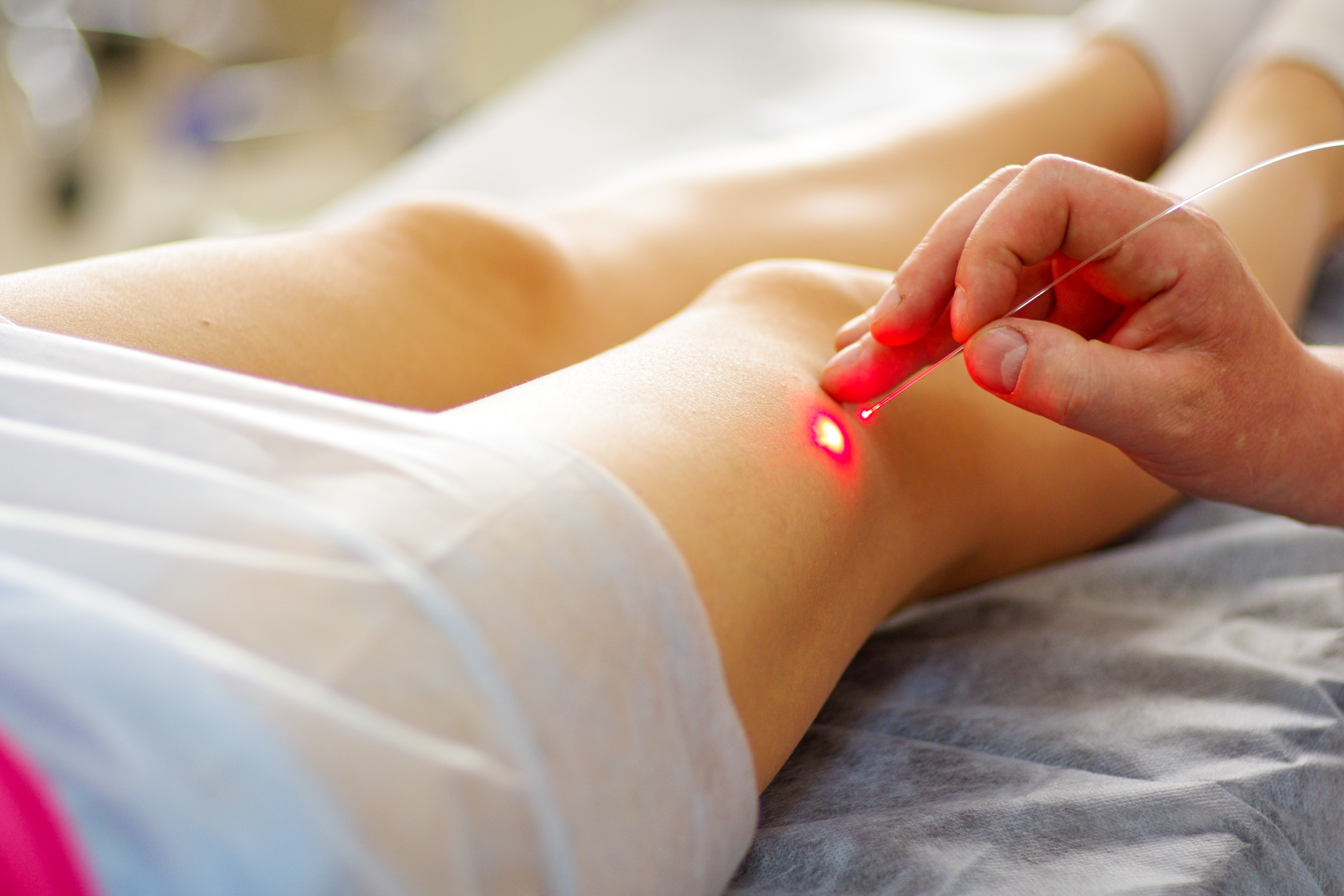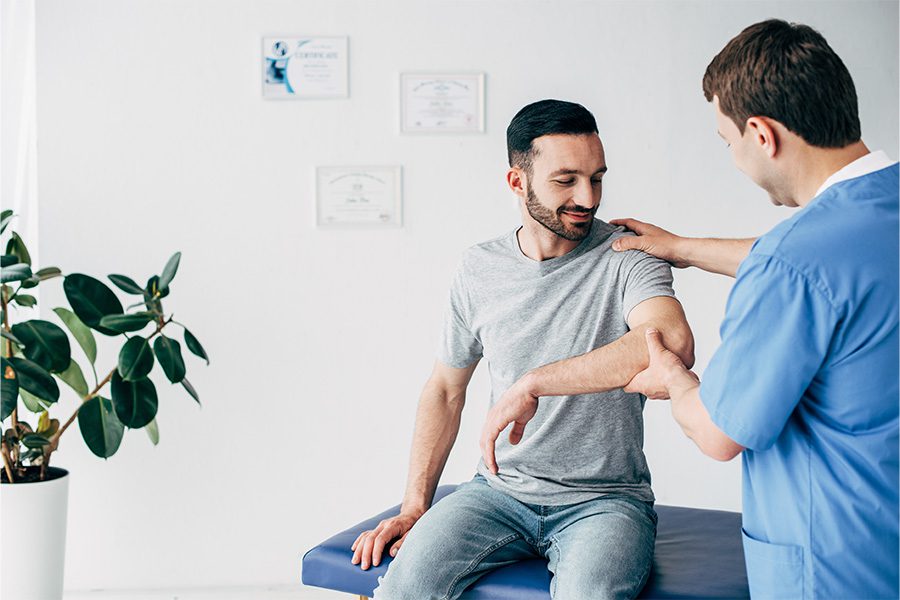
Many patients who undergo varicose vein treatment options expect permanent relief from unsightly and uncomfortable veins. While modern treatments are highly effective, one of the most frequently asked questions remains: Can varicose veins come back after treatment? The short answer is yes—but understanding the reasons behind recurrence and how to minimize your risk can make all the difference.
Varicose veins are a chronic condition caused by weakened or damaged vein valves. Although today’s minimally invasive therapies successfully target problematic veins, they cannot prevent new vein issues from developing. This is why recurrence does not necessarily reflect treatment failure—it often indicates underlying risk factors that still need to be managed.
Table of Contents
Why Varicose Veins May Return After Treatment
While procedures such as endovenous laser ablation (EVLA), sclerotherapy, and radiofrequency ablation (RFA) effectively eliminate or seal off affected veins, recurrence can still occur for several reasons.
First, it’s important to distinguish between true recurrence—the treated vein reopening—and new varicose veins, which form in previously healthy veins due to ongoing venous insufficiency. Even when a treated vein is successfully closed, nearby veins may become compromised over time if the root cause of vein disease is still present.
Genetics, age, hormonal changes, obesity, and lifestyle choices all contribute to long-term vein health. While treatment eliminates the visible effects of the condition, these underlying risk factors may continue to influence the vascular system.
Factors That Increase the Risk of Recurrence
The likelihood of developing new varicose veins after treatment varies from patient to patient. Some of the most common contributing factors include:
- Genetics: A strong family history of vein disease increases the chance of recurrence, regardless of treatment success.
- Pregnancy and Hormonal Shifts: Hormones such as progesterone can relax blood vessels, making women particularly vulnerable to recurrence after childbirth.
- Sedentary Lifestyle or Prolonged Standing: Occupations or routines that limit circulation in the legs often lead to blood pooling and new vein damage over time.
- Obesity: Excess body weight places additional pressure on leg veins, accelerating vein dilation.
- Age: As we age, vein walls and valves naturally weaken, even in areas that were previously unaffected.
Preventing Recurrence After Vein Treatment
Prevention starts with recognizing that treatment is not the end of the journey, but a step toward long-term vein health. After completing your initial procedure, your vascular specialist will likely recommend follow-up care and lifestyle adjustments that support better circulation and vein function.
Wearing medical-grade compression stockings, especially during long flights or workdays, can help reduce venous pressure. Staying physically active, avoiding excessive weight gain, elevating your legs, and not standing or sitting for too long all play key roles in supporting healthy veins.
For those who are genetically predisposed or face multiple risk factors, routine follow-up exams with a vein specialist may be necessary to catch early signs of recurrence before they become problematic.
Long-Term Outlook With Modern Varicose Vein Treatment Options
Thanks to modern advances in varicose vein treatment options, recurrence rates have dramatically decreased compared to older surgical techniques. Treatments performed today—especially those guided by ultrasound or catheter-based methods—are minimally invasive, highly targeted, and offer fast recovery times.
At The Vein Institute of the Desert, patients receive personalized treatment plans built around their medical history, lifestyle, and long-term vein health goals. Their board-certified team specializes in treating complex vein conditions with advanced technology, ensuring both short-term relief and long-term prevention strategies are addressed.
While recurrence is possible, having access to expert follow-up care, along with proactive prevention techniques, allows patients to enjoy lasting relief and improved quality of life.
Contact Information:
The Vein Institute of the Desert
74361 CA-111, Suite 5
Palm Desert, CA 92260
📞 760-610-5573
🌐 https://theveininstituteofthedesert.com/






